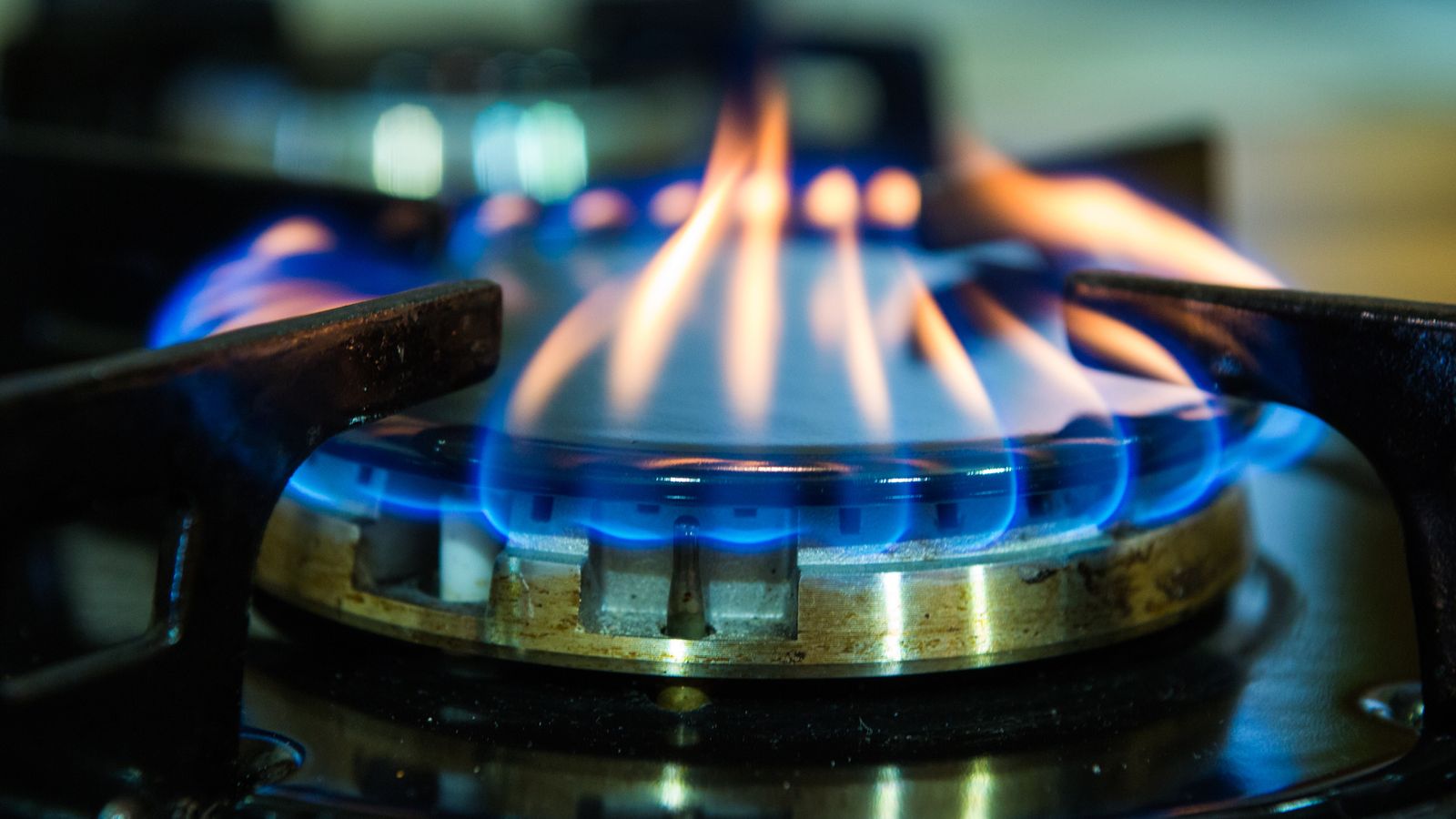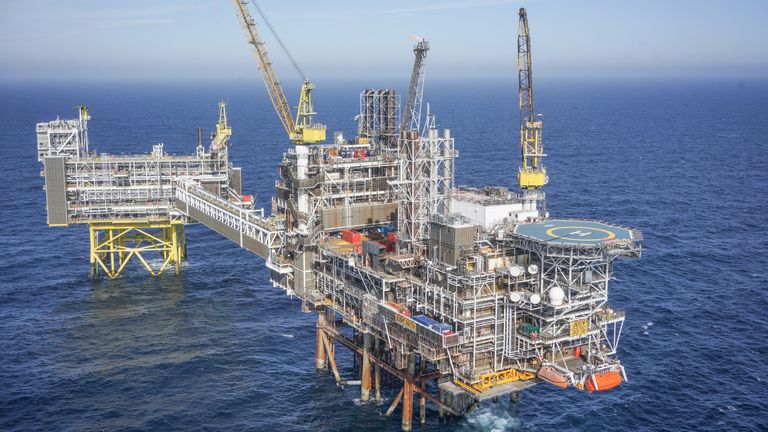Why high energy prices are the new normal – despite price cap drop
From July the new Ofgem price cap will bring domestic bills close to £2,000 for the first time in more than a year.
That will be welcomed by consumers and the Treasury, but it signals a new normal of sustained high energy prices that would have been unthinkable prior to the Russian invasion of Ukraine.
First the good news. Ofgem’s price cap is based on forward projections of wholesale energy prices and the new level reflects a levelling off in markets that, in January, pushed the cap close to £4,000.
Since October consumers have been protected from the steepest rises by the government’s Energy Price Guarantee, which capped average bills at £2,500 for nine months.
That support was scheduled to end in June, in part because forecasts suggested wholesale prices would fall, but it will still have come as a relief to see them realised.
Thus far the Treasury has borrowed £94bn supporting businesses and households through the energy crisis.
The new cap means households will save around £450m, but the end of state support means they will now be subject to the whims of the markets and the wisdom of the regulator to set prices.
Here there is little reason to think prices will continue to fall back. Energy bosses expect wholesale prices to remain stable for the rest of the year and the markets agree, with forward curves broadly level.
Read more:
Significant easing of inflation as energy costs stabilise
Energy price cap set to remain more than £1,000 higher than pre-pandemic
That means, barring unforeseen shocks, that prices will remain at close to double the long-term average of around £1,000 that applied before the war.
Energy prices have been so volatile and punishing that it is easy to forget what that means.
Elevated bills have made fuel poverty mainstream and millions of households have seen budgets stretched as never before.
Cost crisis likely to persist
Energy suppliers have struggled to adapt too with call centres overwhelmed by customers unable to pay and pre-payment meters, a last resort intended for the most extreme cases of non-payment, forcibly installed in close to 100,000 households.
Add the inflationary impact of energy prices on every other area of consumption, particularly food, and you have a cost of living crisis that will persist without fundamental reform of the market.
There are several options that might bring household bills down but none that avoid someone having to meet the real cost of energy.
Ofgem supports the introduction of a ‘social tariff’ that would offer a reduced rate to the least well-off households.
The regulator is already talking to the water industry and local authorities about identifying households that struggle with paying for basic utilities and ministers have made encouraging noises, but it would have to be underwritten by the taxpayer, or by an additional charge on other bill payers.
There are other technical changes that could remove some cost.
So-called “green levies” applied to electricity costs could be switched to gas, more accurately reflecting the environmental impact of generation, but the taxpayer would have to fill the gap.
Ultimately elevated energy prices are the price of removing Russian oil and gas from our energy mix, a hole we cannot yet fill from the growing renewables sector and cost of war that we may have to get used to.
For all the latest business News Click Here


